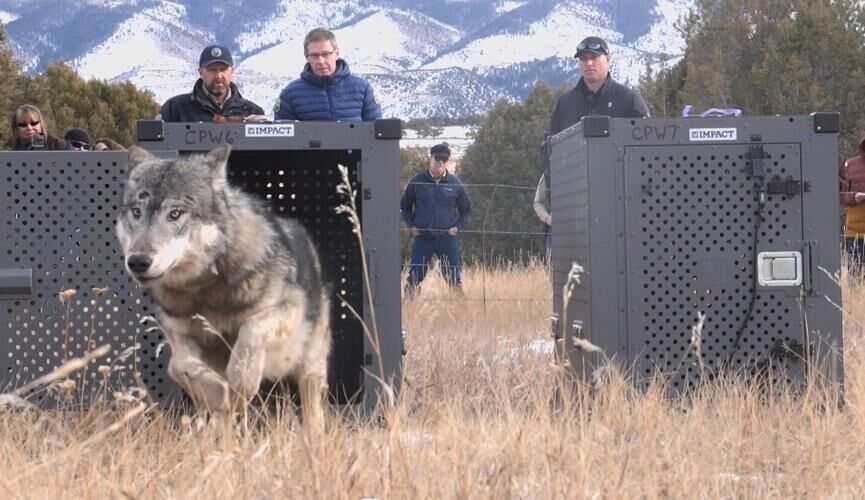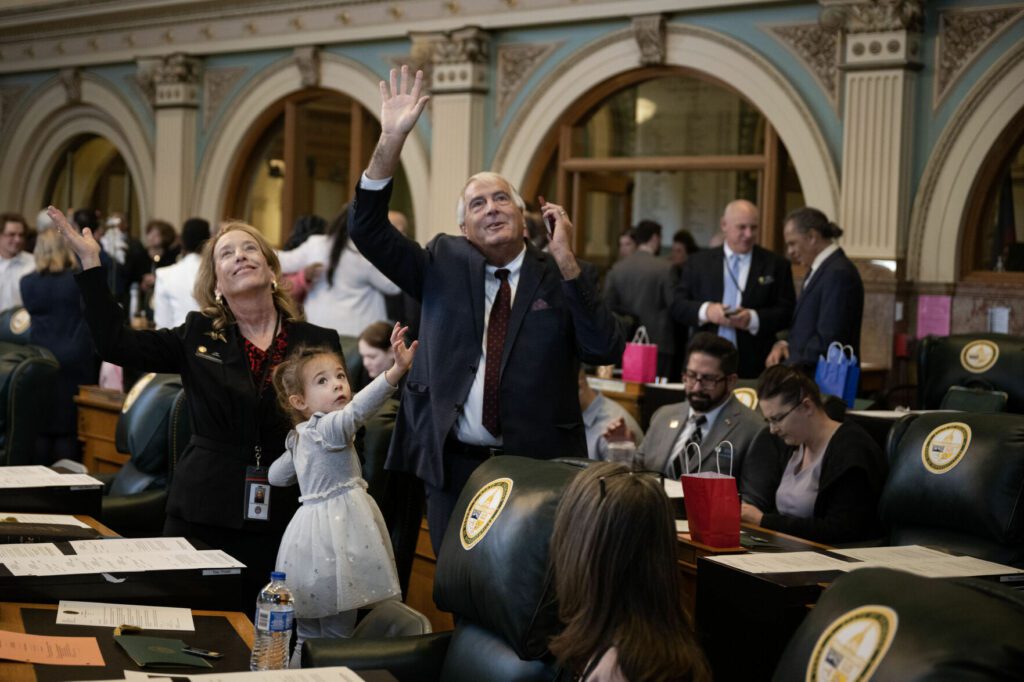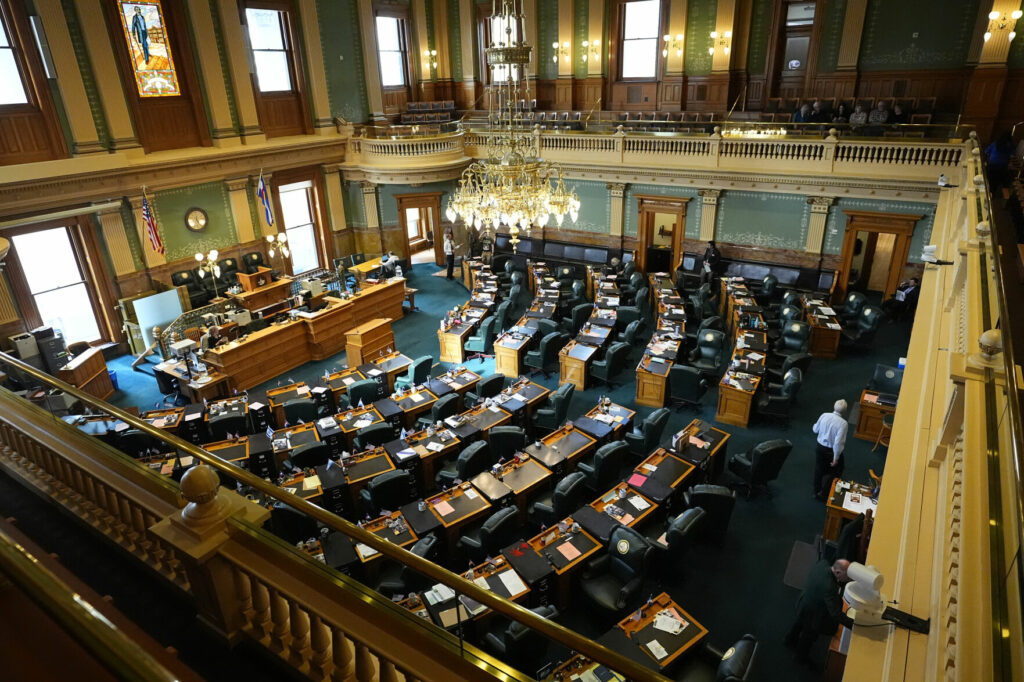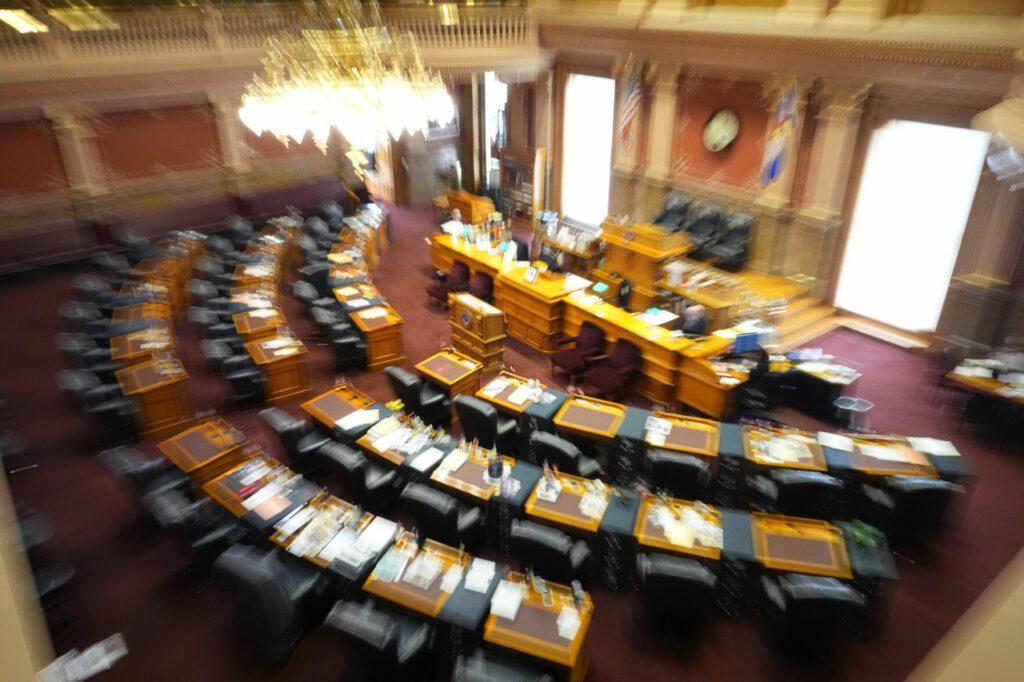Rushed transition to renewable energy could cost lives, critics say
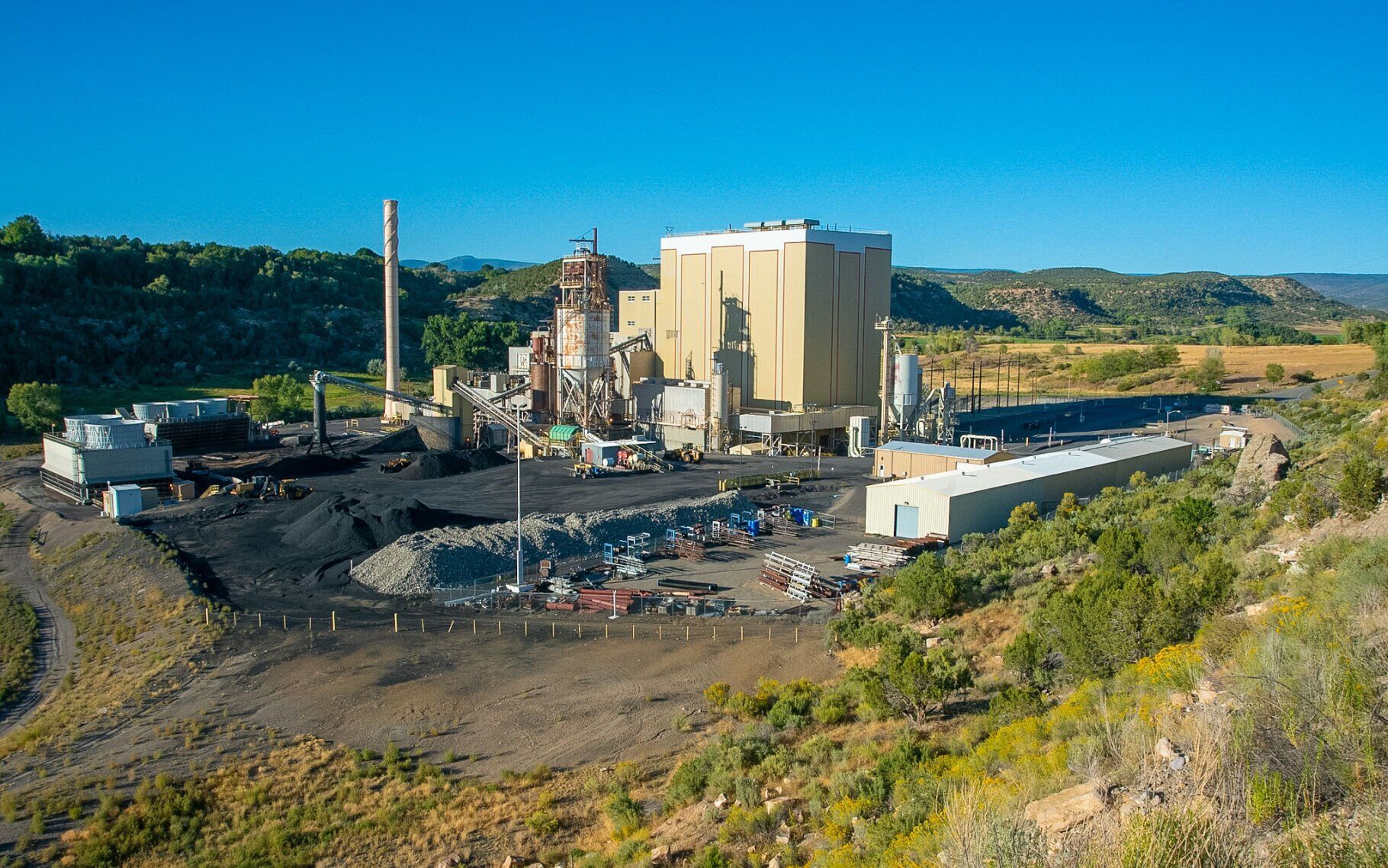
Achieving Gov. Jared Polis’ 100% renewable energy goal by 2035 is technologically impossible – at least for now – and could cost people their lives, critics of Colorado’s transition away from fossil fuel toward toward renewable energy said at a recent forum.
They pointed to the experience of California, which suffered a widespread rolling blackout in August 2020. State authorities there said a “1-in-30 year” heat wave resulted in demand “exceeding existing electricity resource adequacy and planning targets.”
A final report by the California Independent System Operator also blamed the sale of more than 4,000 megawatts of electricity out of the state, saying California’s planning targets “have not kept pace to ensure sufficient resources that can be relied up on to meet demand in the early evening hours.” Notably, the report said solar generation “declines in the late afternoon at a faster rate than demand decreases.”
Although there were no reported deaths during the blackouts in California, the loss of electricity can kill, said Jacki Pick Deason, host of The Jacki Daily Show podcast. Deason was one of four panelists on “America’s New Energy Crisis” at the Steamboat Institute’s 14th Annual Freedom Conference in Beaver Creek last week.
Deason said during last year’s winter storm Uri, in Texas, wind generators’ capacity decreased to 1.5% at the height of the storm.
“(Wind generation) was a complete no-show, and everyone made apologies for it,” Deason said. “The press made apologies while people were dying. Some of them froze. Some of them were in their garages, running the car to stay warm, and died of carbon monoxide poisoning.”
The winter storm killed 246 people across 77 Texas counties, according to the Texas Department of State Health Services.
Backers of renewable energy said the transition away from fossil-fired energy is necessary. In his “roadmap” to achieving 100% renewable energy by 2040, the Polis administration said undergirding that goal is the “moral imperative” to fight climate change and curb pollution. The transition, the administration argued, offers Colorado the opportunity to “drive innovation and harness the consumer savings and economic benefits of leading the transition to a clean energy economy.”
“These diverse communities,” the administration said of communities that have also adopted a similar goal, “know that protecting Colorado’s way of life means doing our part to combat climate change, and that swiftly adopting renewable energy in our electricity sector and then extending the impact of that clean electricity across the economy will protect the health of our communities, create good paying jobs, strengthen our economy and keep rates low for customers.”
U.S. Sen. Steve Daines of Montana, another panelist at the Steamboat Institute conference, argued that swiftly shutting down dependable sources during the transition toward renewable energy is shortsighted.
“Here are the facts,” Daines said, “over the course of the next 30 years, up to 2050, the energy requirements of the world are going up 50% from where we’re at right now.”
“The question is, how are we going to meet this increase in demand for energy?” he said.
As Americans face energy shortages and blackouts, China and India build coal-fired powerplants at a record rate, added Charles McNeil, founder and CEO of NexGen Resources Corp.
“What’s frustrating is that China and India are literally building one coal-fired power plant every week in their countries,” McNeil said.
McNeil said China and India will be consuming 4 billion tons of coal per year by 2030.
“So, while we’re killing ourselves here, the rest of the world is embracing coal because the reality is there’s still a billion people in China and India who don’t have electricity,” McNeil said.
McNeil said even if the state achieves Polis’ zero-carbon goal, it would “only represents 0.3% of global emissions.”
The bottom line, McNeil added, is that by embracing a rapid transition to renewable energy, the real threat to public safety would come from the “unrealistic” pace of exit from fossil fuels.
“We are seeing the greatest threats to internal security, reliability, and affordability as a result. Energy security equals economic security and national security,” McNeil said. “I feel we need a rational approach to use all of our available energy sources, including renewables, but not a hundred percent renewables.”
Ken Wagner, Executive Director of the Hamm Institute for American Energy, and former policy director at the Environmental Protection Agency claimed that government-subsidized renewables are part of a plan to price fossil fuel out of the market.
“The whole goal of this regulatory agenda is to make the fossil generation and energy market unattractive against its alternatives,” Wagner claimed.
Daines said if the country continues on this path, Americans will likely face the same sharp inflation in the cost of energy that Europe is now experiencing.
“If we get it wrong, look what’s going on in Europe at the moment and you’ll see where we are headed,” he said.





